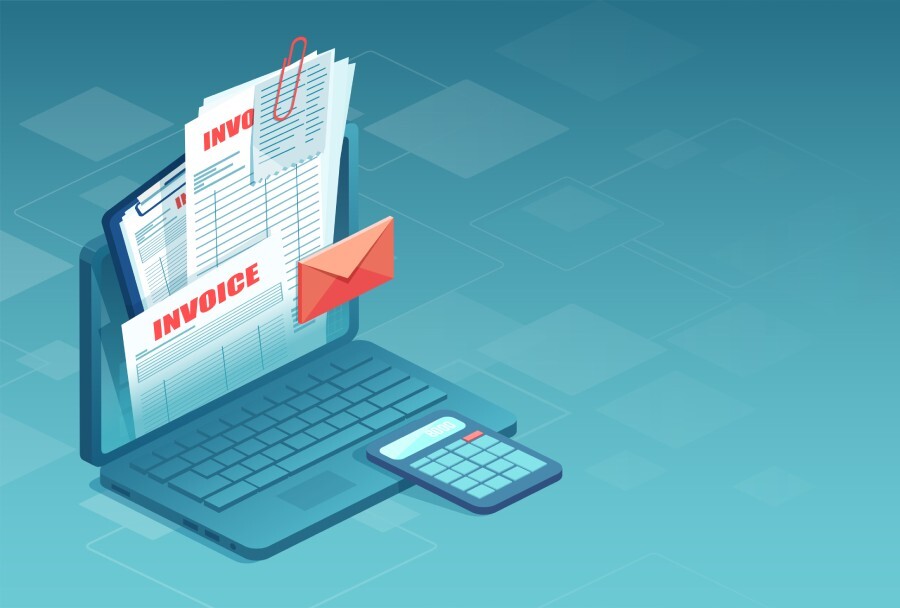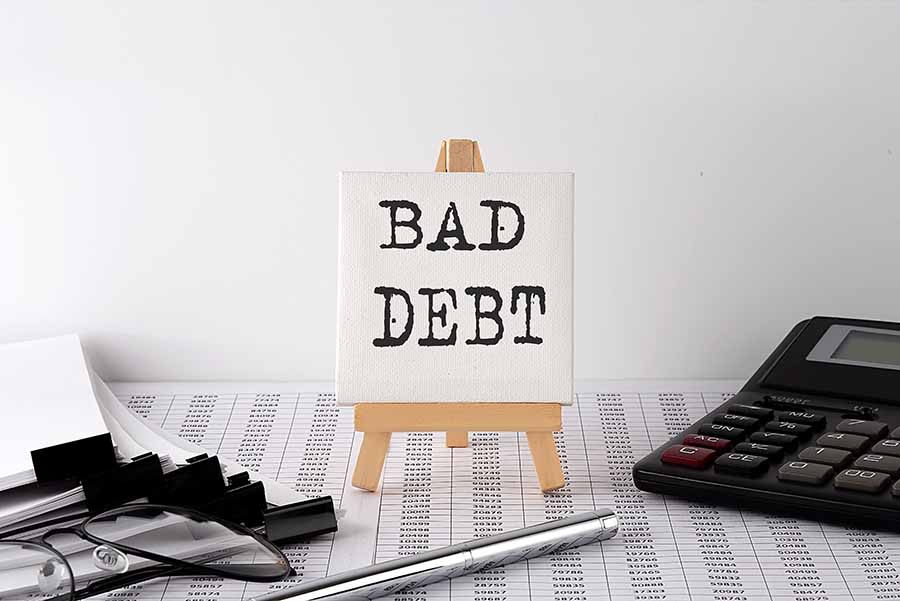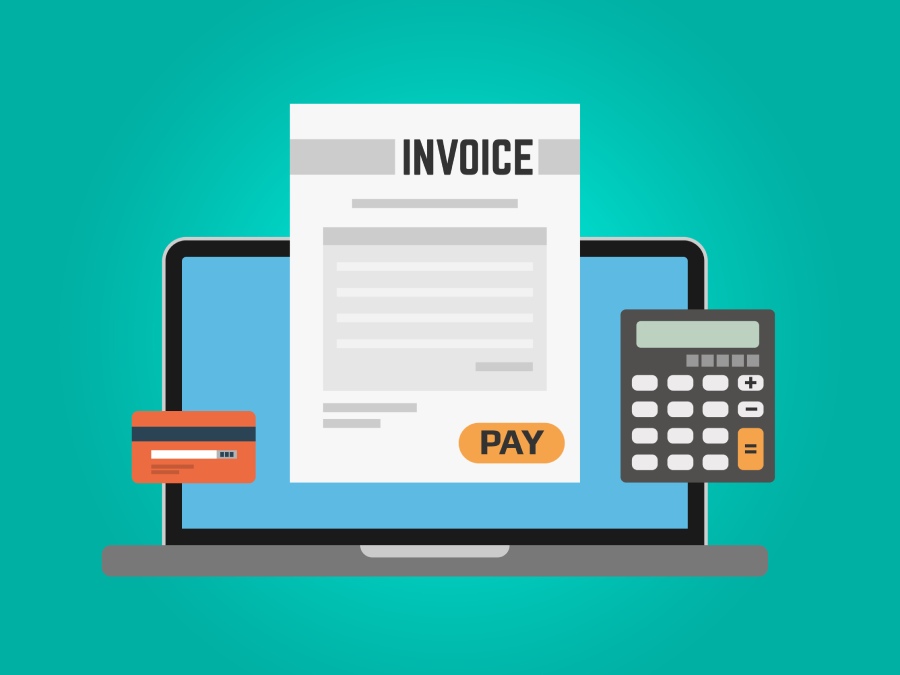
A pro forma invoice and a commercial invoice look almost identical, but a pro forma invoice is only informational while a commercial invoice is a legally enforceable request for payment. The most clear difference between a commercial invoice vs pro forma invoice is the title printed on the document—pro forma invoice titles must state “Pro Forma” to distinguish them from commercial invoices.
Use and Application
A pro forma invoice is a preliminary invoice sent to the buyer before goods are delivered, and this practice is common when buying overseas so that the buyer can get an importing license. Pro forma invoices declare the value and items of the goods to be delivered. This document also enables the buyer to prepare for incoming goods and earmark enough funds to pay for the invoice.
Meanwhile, a commercial invoice (or simply an invoice) is the approved and final invoice and remains the official document that is used in accounting and that proves the authenticity of the sale. It sometimes arrives with the package or is sent by the seller through email after delivery of the goods or performance of services. Buyers can use a commercial invoice as an official proof of purchase, especially for warranty claims.
Purpose in Accounting
Pro forma invoices don’t have any purpose in accounting. It is not recorded or used to support accounting entries—it is merely informational. The due date and terms in the pro forma invoice are not binding, so buyers can still negotiate the terms and due date.
In contrast, a commercial invoice is recorded in the books as accounts payable (buyer) or accounts receivable (seller). When you receive a commercial invoice, the due dates and invoice terms are final. They cannot be negotiated and can be disputed only if the buyer believes there is a factual error or the seller didn’t fulfill their obligations.
Structure
A pro forma and commercial invoice share nearly the same structure. The main differences are:
- Title: A pro forma prominently states the words “Pro Forma.” Otherwise, if the document just has the word “invoice,” then it is assumed to be a commercial invoice.
- Amount payable: The amount payable in the commercial invoice is the final and approved amount. In contrast, in the pro forma invoice, this amount is merely an estimate.
- Validity: The pro forma invoice must have an expiration date.
Validity
A pro forma invoice is essentially an offer and is only valid for up to a certain number of days or months as specified in the document. In the pro forma invoice, there must be a specific disclosure that states how long the invoice is valid. An example disclosure is stated below:
“The price and offer in this invoice are valid only for 30 days from the date of issuance of this invoice.”
If the buyer acknowledges or approves the pro forma invoice after 30 days, the seller may send a new pro forma invoice if there are changes in the pricing, shipping terms, or payment terms. Otherwise, the seller may simply revalidate the expired pro forma invoice and honor its terms.
On the flip side, a commercial invoice is valid and has no expiration date. This invoice assumes that the buyer has approved the listed items and rates and has signed off on the terms and conditions of the contract.
Frequently Asked Questions (FAQs)
A pro forma invoice is best used if you’re selling goods to a customer abroad. This invoice enables the customer to review the terms and prices carefully before approving the deal.
No, payment is not required when you receive a pro forma invoice. It’s for approval purposes only.
Bottom Line
Distinguishing a pro forma invoice vs commercial invoice is not difficult. A pro forma invoice must have the words “Pro Forma” in the title to make it clear to the customer that it’s not the final invoice. The basis for the final terms and amount payable will always be the commercial invoice.





